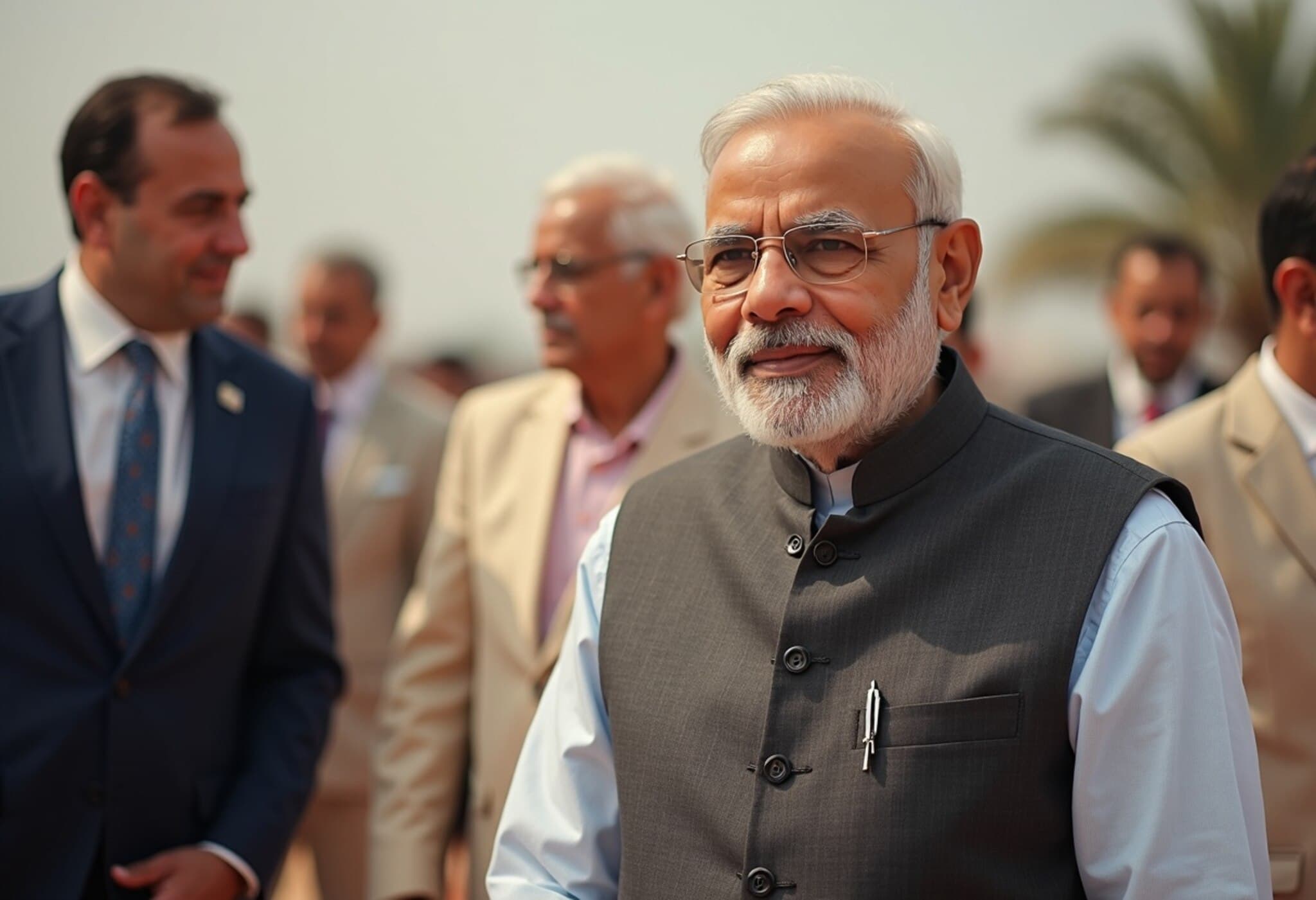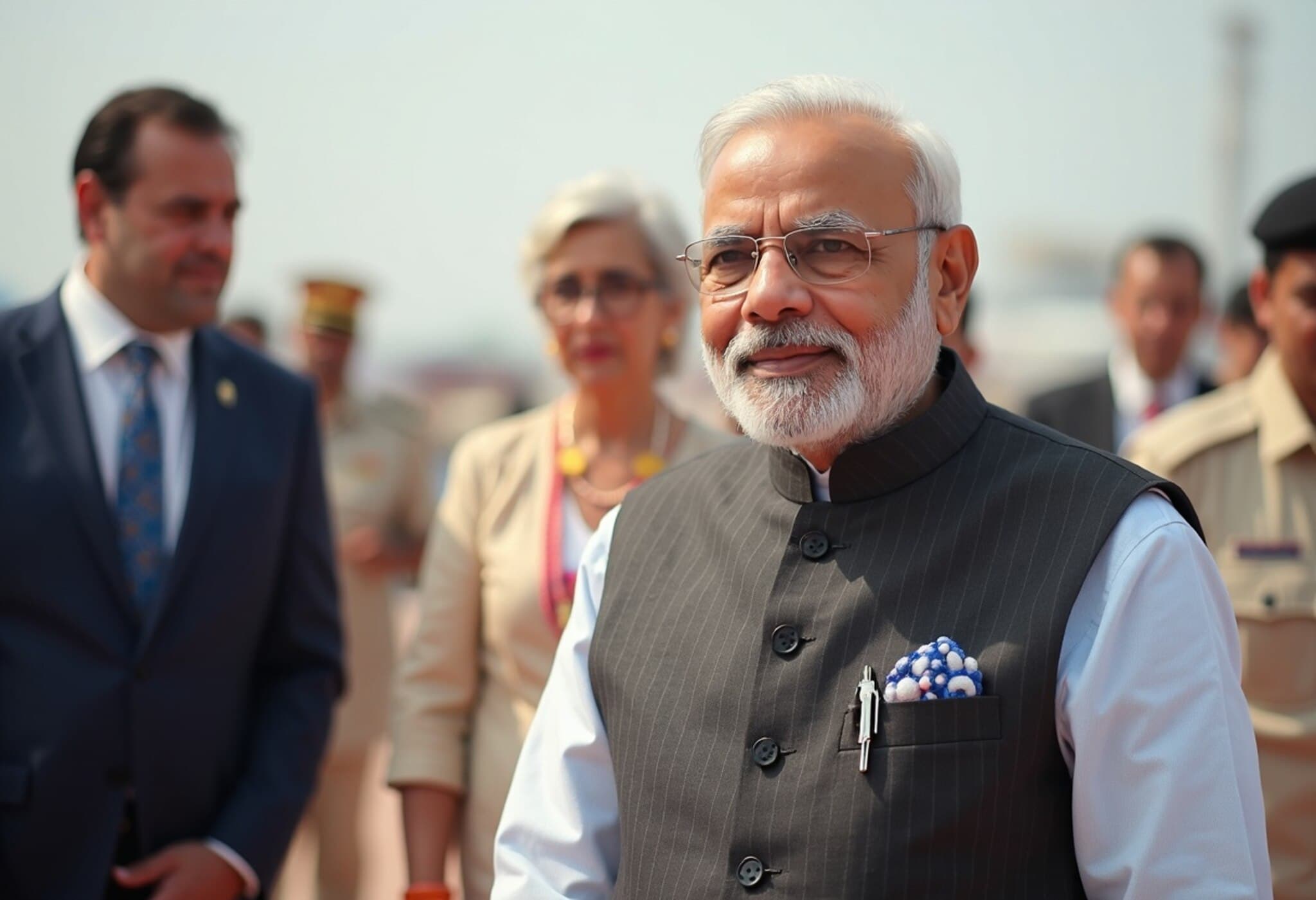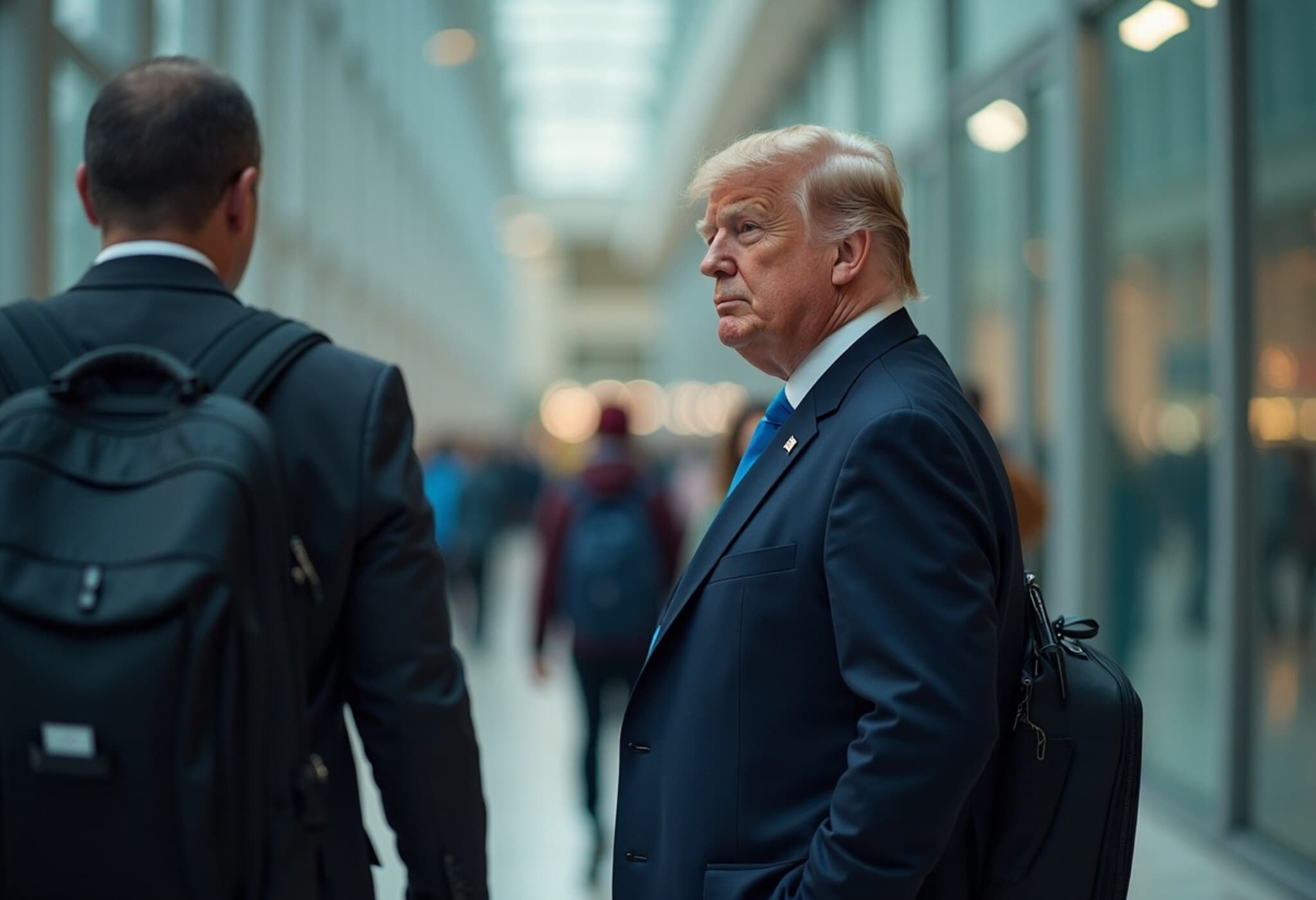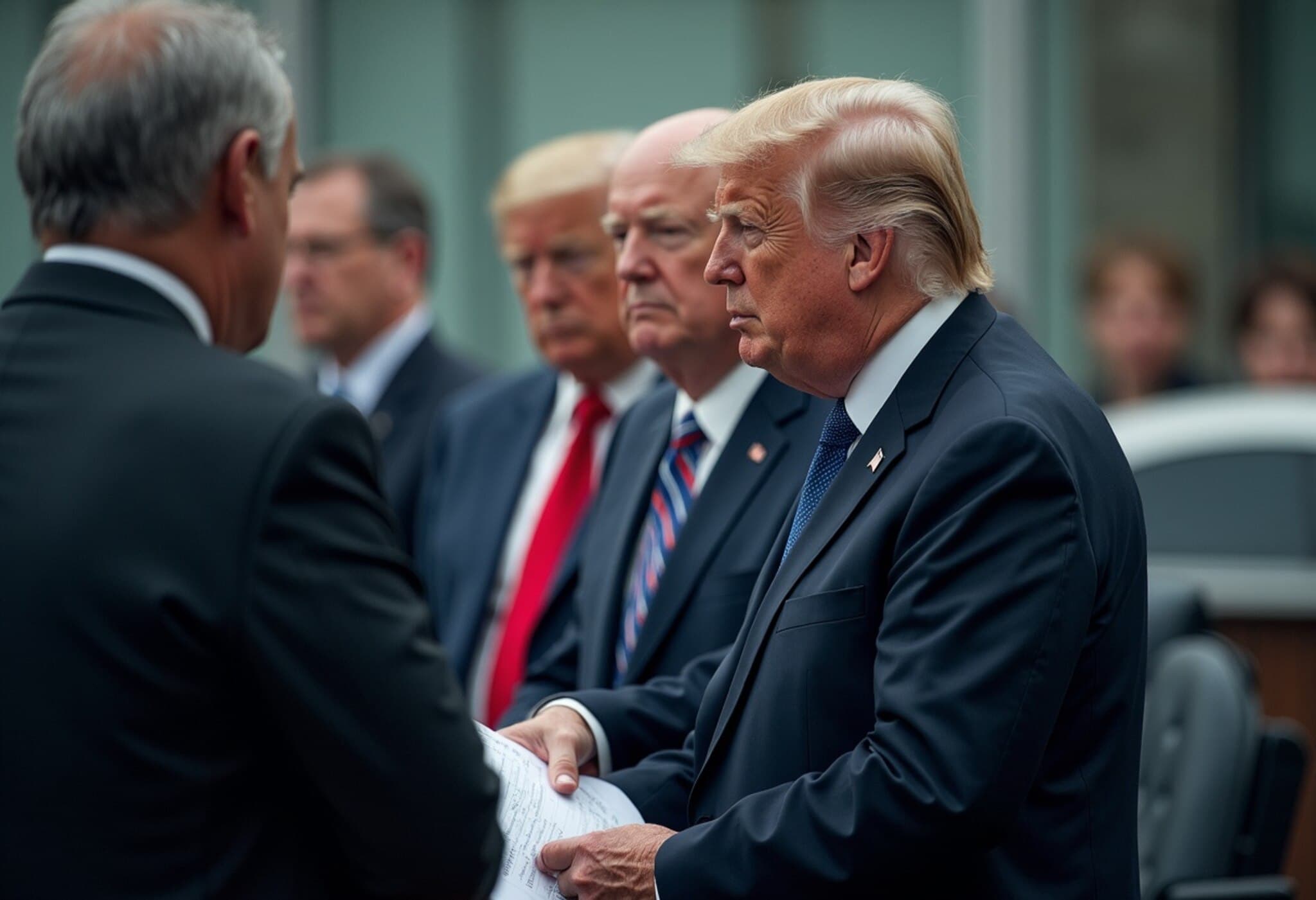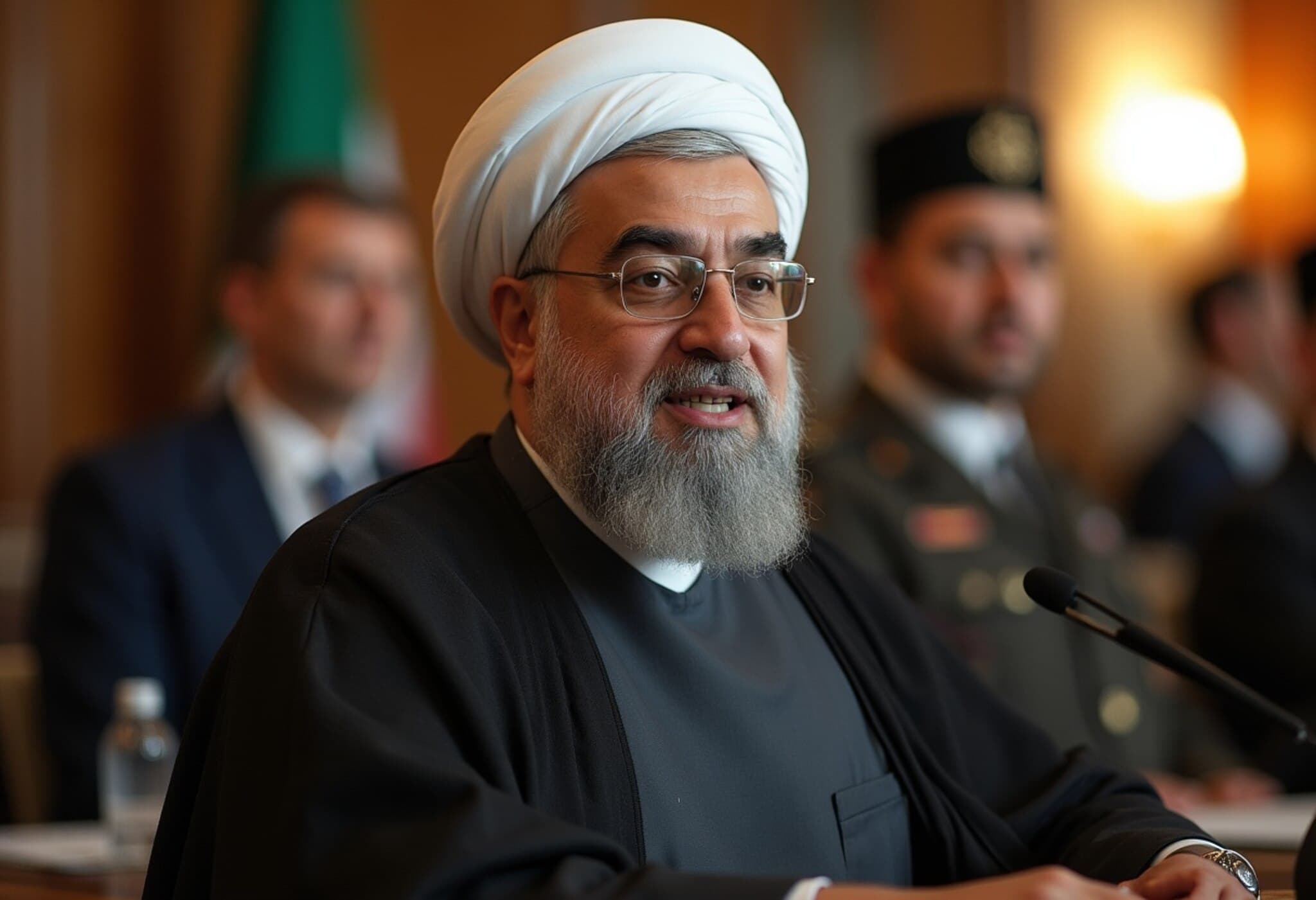UK Government Highlights Increase in Chinese Espionage
The British government has sounded the alarm on escalating Chinese espionage and interference, announcing a significant investment to bolster the country's intelligence capabilities. A recent report reveals that Beijing's efforts to undermine the UK's democracy and economy have surged in recent years, prompting urgent government action.
£600 Million Funded to Strengthen Intelligence Services
In response to these growing threats, Foreign Secretary David Lammy announced a £600 million (approximately $818 million) funding boost for the UK's intelligence agencies. This move aims to enhance national security and better counter espionage activities linked to China.
Balancing Engagement and Security Concerns
Following a landslide election victory last July, Prime Minister Keir Starmer ordered a comprehensive "audit" of the UK-China relationship. The resulting report advocates for a nuanced approach: maintaining high-level engagement to foster trade and investment, while simultaneously building resilience against challenges posed by Beijing.
"China is a sophisticated and persistent threat," Lammy acknowledged, emphasizing, "not engaging with China is therefore no choice at all." The government plans to cooperate where feasible but will not hesitate to challenge Beijing to safeguard UK interests, especially national security.
Economic Ambitions Tempered by Political Complexities
Starmer envisions attracting Chinese investment to stimulate Britain's economy, a central pillar of his administration. However, lingering disputes complicate wider cooperation. Contentious issues include China's policies in Hong Kong, treatment of Uyghurs, and the ongoing war in Ukraine, where UK and Chinese positions diverge sharply.
Adding to tensions are espionage accusations, such as allegations involving a Chinese businessman linked to the UK’s Prince Andrew, and concerns over Beijing's expanding diplomatic footprint.
Advocacy for Human Rights and Media Freedoms
Human rights groups have intensified pressure on the UK government regarding media freedoms and political prisoners in Hong Kong. Thirty-three international organizations collectively urged Prime Minister Starmer to engage directly with Sebastian Lai, son of imprisoned Hong Kong media tycoon Jimmy Lai, highlighting the urgency of securing his father’s release.
National Security Measures and Embassy Controversy
The government remains committed to a threat-driven security response, aiming to fortify defenses and implement strong countermeasures against espionage and democratic interference.
Meanwhile, Starmer’s administration faces a decision on Beijing’s proposal to establish the largest Chinese embassy in London. Critics—including local residents and advocacy groups—fear this new embassy could facilitate surveillance and intimidation of dissidents, complicating the UK's diplomatic landscape.
Conclusion
As the UK navigates a complex and evolving relationship with China, it seeks a careful balance—welcoming economic opportunities while fiercely guarding against security risks. The recent funding surge in intelligence underscores the government's resolve to confront emerging threats without severing crucial diplomatic and trade links.








